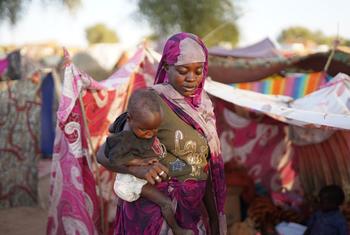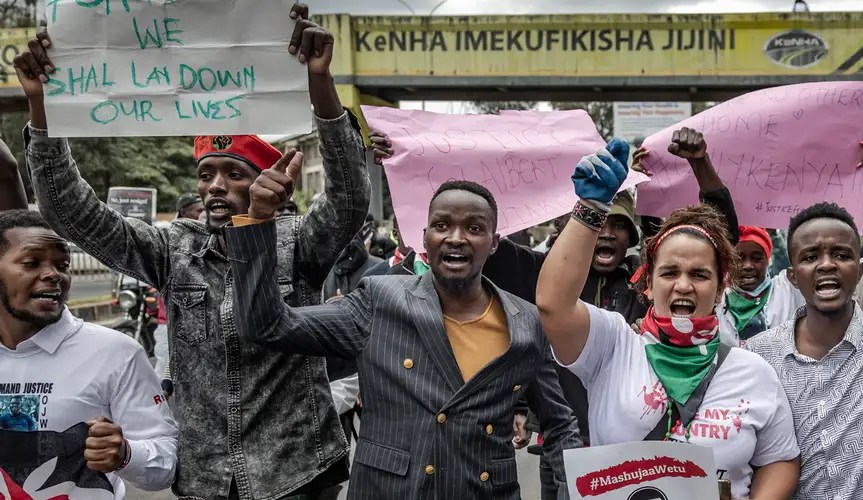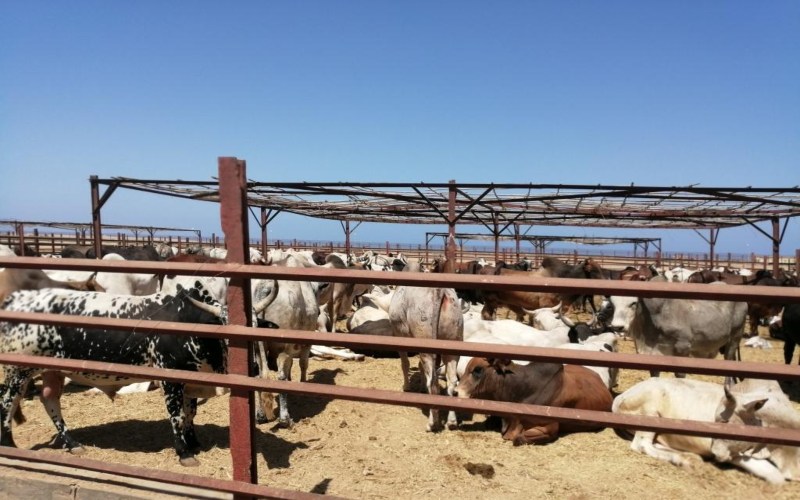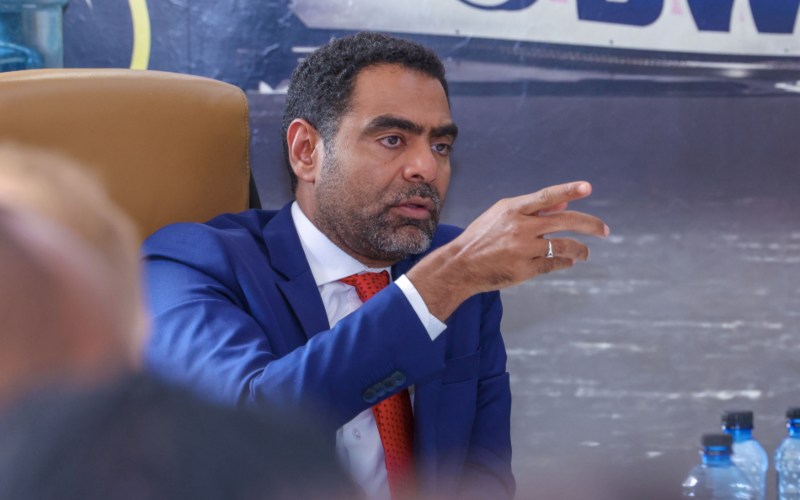Garissa launches 10-day livestock vaccination campaign in Dadaab refugee camps
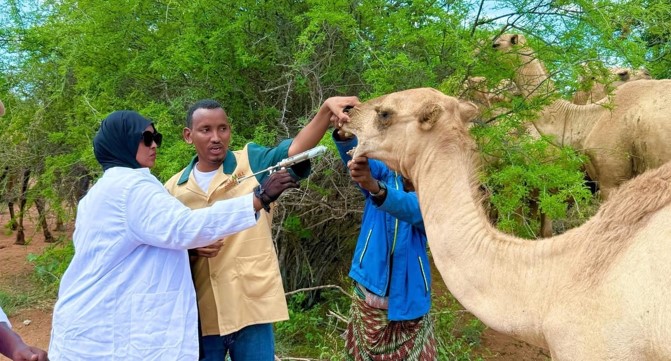
Garissa Agriculture and Livestock CEC Milgo Dubow, who launched the campaign in Dadaab on Friday, said the threat posed by the TADs needed a response that helps to reduce the risk of livestock deaths.
The county government of Garissa and the Danish Refugee Council are jointly undertaking a ten-day livestock vaccination drive targeting 600,000 livestock in Dadaab refugee camps and the surrounding host communities.
With livestock being the cornerstone of both the refugee and host communities’ economies, the sector faces constant threats from transboundary animal diseases (TADS) that affect small stock, cattle and camels.
More To Read
- Garissa County launches digital livestock vaccination drive to boost pastoralist resilience
- Garissa resident sues National Assembly over police service commission appointments
- Senate Bill proposes five-year jail term, Sh2 million fine for livestock thieves
- Garissa human rights activists demand justice for student allegedly raped and killed by guardian
- Over 170,000 livestock targeted as Mandera and Garissa ramp up vaccination drives
- Garissa town residents call for urgent drainage fix as floodwaters swamp businesses, homes
Garissa County Executive Committee Member for Agriculture, Livestock and Pastoral Economy Milgo Dubow, who launched the campaign in Dadaab on Friday, said the threat posed by the TADs needed a response that helps to reduce the risk of livestock deaths.
"Disease outbreaks can lead to economic loss, threaten human and animal health and destabilise the livestock market," she said.
She underscored the nutritional benefits and resilience livestock offer to both the refugees and the host community in Fafi and Dadaab sub-counties.
Speaking to The Eastleigh Voice, she stated that the vaccination under the Area-Based Livelihood Initiative (ABLI), funded by the European Union and implemented in partnership with the Danish Refugee Council, will be rolled out in two phases.
Milgo added that after the end of the ongoing ten-day vaccination drive, another one will resume in June 2025.
"The first phase will focus more on refugee camps and the surrounding host communities, while the second phase will focus more on the host community areas," she said.
The CEC stated that the vaccination programme is aligned with the current national priorities, especially in controlling the foot and mouth disease and peste des petits ruminants (PPR), both critical to livestock trade.
Parasite control and treatment
She emphasised other ongoing activities, including the provision of parasite control and treatment for clinical cases, conducting site-level disease surveillance using KABS mobile application, and delivering on-the-job training to community disease reporters (CDRs).
Fafi Development Committee chairman Ali Hared, representing the host community, appreciated the vaccination drive, saying livestock disease outbreaks are common during the ongoing heavy rains being experienced in the region.
"The vaccination exercise is timely and will reduce loss of livestock that serves as a major livelihood for the refugee and the host community," he said.
Khalif Dubow Jelle, the chairman of the Hagardera refugee community, also welcomed the livestock vaccination, which he said was the first of its kind for the refugee community.
"Despite being in the refugee camp, the majority of the refugees keep livestock as a source of livelihood. On several occasions, we witnessed livestock disease outbreaks in the camps, but we were left with the responsibility to vaccinate our livestock," he said.
He appealed for the extension of the vaccination period, saying the camps have a huge livestock population.
Top Stories Today






